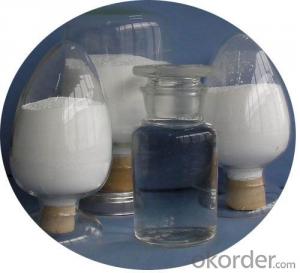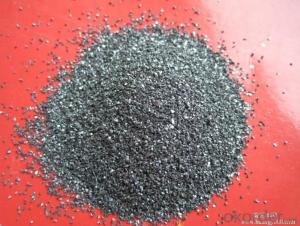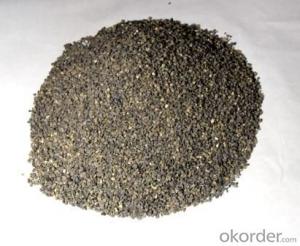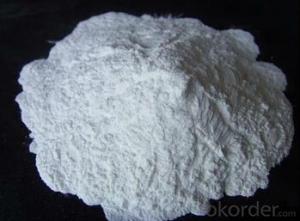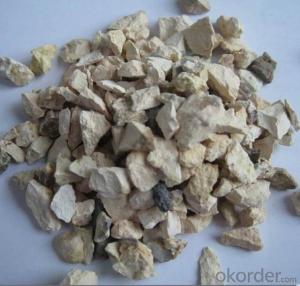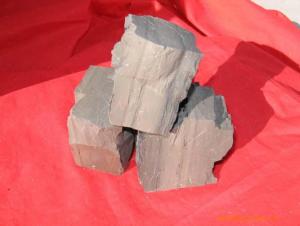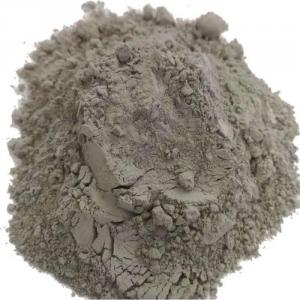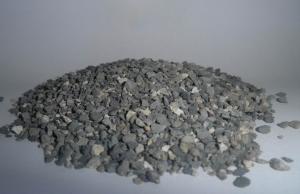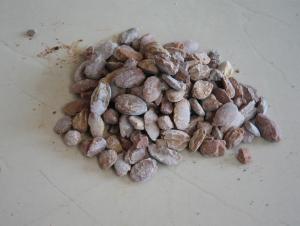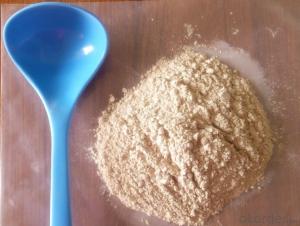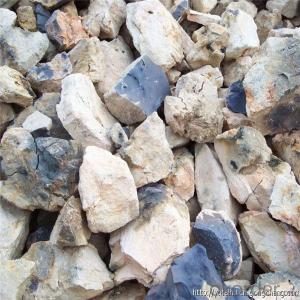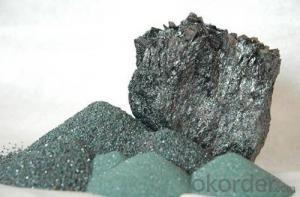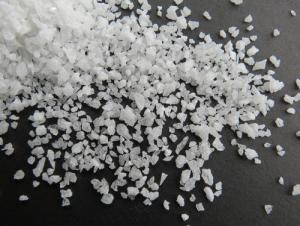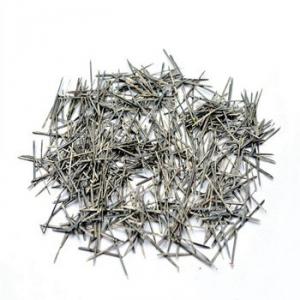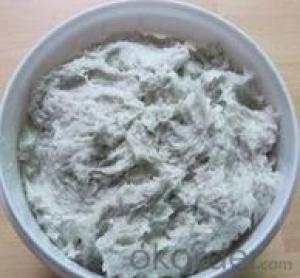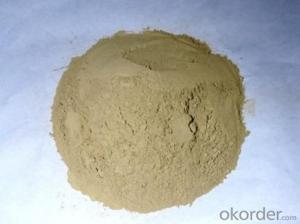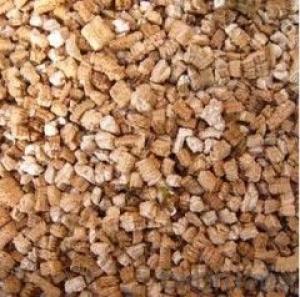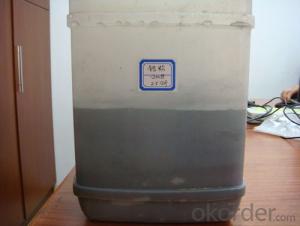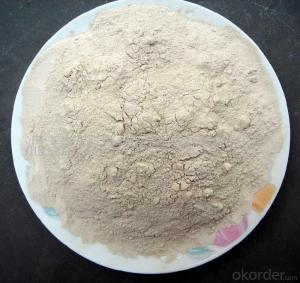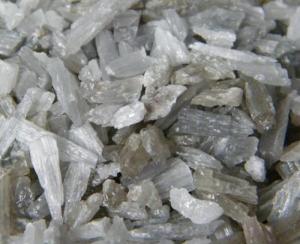All Categories
- - Steel Wire Rod
- - Steel Coils
- - Steel Profiles
- - Steel Pipes
- - Stainless Steel
- - Tinplate
- - Special Steel
- - Steel Sheets
- - Steel Rebars
- - Steel Strips
- - Hot Rolled Steel
- - Cold Rolled Steel
- - Pre-painted Steel
- - Seamless Steel Pipe
- - Welded Steel Pipe
- - Hollow Steel Tubes
- - Galvanized Pipe
- - Stainless Steel Coil
- - Stainless Steel Sheet
- - Stainless Steel Plate
- - Stainless Steel Strips
- - Electrolytic Tinplate Coil
- - Electrolytic Tinplate Sheet
- - Stainless Steel Rebars
- - Solar Panels
- - Solar Water Heater
- - Solar Related Products
- - Solar Inverter
- - Solar Cells
- - Solar Light
- - Solar Energy Systems
- - Solar Controllers
- - Solar Mounting System
- - Solar Pump
- - Solar Chargers
- - Fiberglass Chopped Strand
- - Fiberglass Mesh Cloth
- - Composite Pipes
- - FRP Pultrusion Profiles
- - Fiberglass Mat Tissue
- - Fiberglass Fabrics
- - Fiberglass Mesh
- - Composite Tank
- - Fiberglass Mesh tape
- - Polymer
- - FRP Roofing Panel
- - Fiberglass Roving
- - Monolithic Refractories
- - Ceramic Fiber Products
- - Refractory Bricks
- - Raw Materials For Refractory
- - Suspended Platform
- - Cranes
- - Concrete Machinery
- - Earthmoving Machinery
- - Building Hoist
- - Road Building Machinery
- - Plastic Pipe Fittings
- - Plastic Tubes
- - Plastic Sheets
- - Agricultural Plastic Products
- - Plastic Nets
Q & A
Explain the concept of hot modulus of rupture and its relevance in refractory materials.
The concept of hot modulus of rupture refers to the ability of a refractory material to withstand mechanical stress at high temperatures without breaking. It is a measure of the material's resistance to deformation under load, providing an indication of its strength and durability under extreme thermal conditions. The hot modulus of rupture is crucial in refractory materials as they are commonly used in high-temperature applications such as furnaces, kilns, and reactors, where they are subjected to thermal cycling and mechanical forces. A high hot modulus of rupture ensures that the refractory material can maintain its structural integrity and perform effectively in these harsh environments, preventing failures and prolonging the lifespan of the refractory lining.
How does calcium carbonate nanoparticles enhance the properties of refractory materials?
Calcium carbonate nanoparticles enhance the properties of refractory materials by increasing their mechanical strength, thermal stability, and chemical resistance. The nanoparticles improve the bonding between the refractory particles, resulting in enhanced structural integrity and reduced porosity. Additionally, the presence of calcium carbonate nanoparticles leads to better thermal conductivity and improved resistance to high temperatures, making the refractory materials more suitable for use in extreme conditions.
How is alumina produced?
Alumina is produced by extracting bauxite ore through a process called the Bayer process, which involves crushing the ore, mixing it with a caustic soda solution, heating it, and then filtering it to remove impurities. The resulting liquid is then cooled and crystallized to obtain alumina, which is further processed into aluminum metal through electrolysis.
How does the quality of refractory raw materials affect the performance of the final product?
The quality of refractory raw materials directly affects the performance of the final product. Higher quality raw materials ensure better thermal stability, greater resistance to wear and corrosion, and improved mechanical strength. These factors are crucial for the refractory product to withstand high temperatures and harsh environments. On the other hand, lower quality raw materials may lead to a weaker and less durable final product, resulting in reduced efficiency and shorter lifespan. Therefore, using high-quality refractory raw materials is essential to achieve optimal performance and longevity in the end product.
Wholesale Raw Materials For Refractory from supplier in Tunisia
We pride ourselves on our commitment to customer satisfaction and strive to provide the highest quality products and services. Our team of experts is dedicated to understanding your needs and providing tailored solutions to meet your requirements.
We work closely with our suppliers to ensure the highest level of quality control and consistency in our products. Our extensive network of suppliers allows us to source the best raw materials at competitive prices, ensuring cost-effectiveness for our customers.
In addition to our procurement services, we also offer technical support and assistance throughout the entire project lifecycle. Our experienced team is available to provide guidance and advice on product selection, application techniques, and troubleshooting.
We believe in building long-term partnerships with our customers, and our focus on customer satisfaction has earned us a reputation for reliability and trustworthiness in the industry. Whether you are in need of raw materials for refractory products for industrial or commercial applications, we are here to meet your needs.
Contact us today to discuss your requirements and learn more about how our expertise and resources can benefit your projects in Tunisia.
We work closely with our suppliers to ensure the highest level of quality control and consistency in our products. Our extensive network of suppliers allows us to source the best raw materials at competitive prices, ensuring cost-effectiveness for our customers.
In addition to our procurement services, we also offer technical support and assistance throughout the entire project lifecycle. Our experienced team is available to provide guidance and advice on product selection, application techniques, and troubleshooting.
We believe in building long-term partnerships with our customers, and our focus on customer satisfaction has earned us a reputation for reliability and trustworthiness in the industry. Whether you are in need of raw materials for refractory products for industrial or commercial applications, we are here to meet your needs.
Contact us today to discuss your requirements and learn more about how our expertise and resources can benefit your projects in Tunisia.
Hot Search
- Monolithic Refractories in Palau
- Ceramic Fiber Products in Niue
- Refractory Bricks in Uruguay
- Raw Materials For Refractory in Niger
- Monolithic Refractories in Syria
- Raw Materials For Refractory in Switzerland
- Monolithic Refractories in Mexico
- Raw Materials For Refractory in Philippines
- Refractory Bricks in Nigeria
- Refractory Bricks in Indonesia
